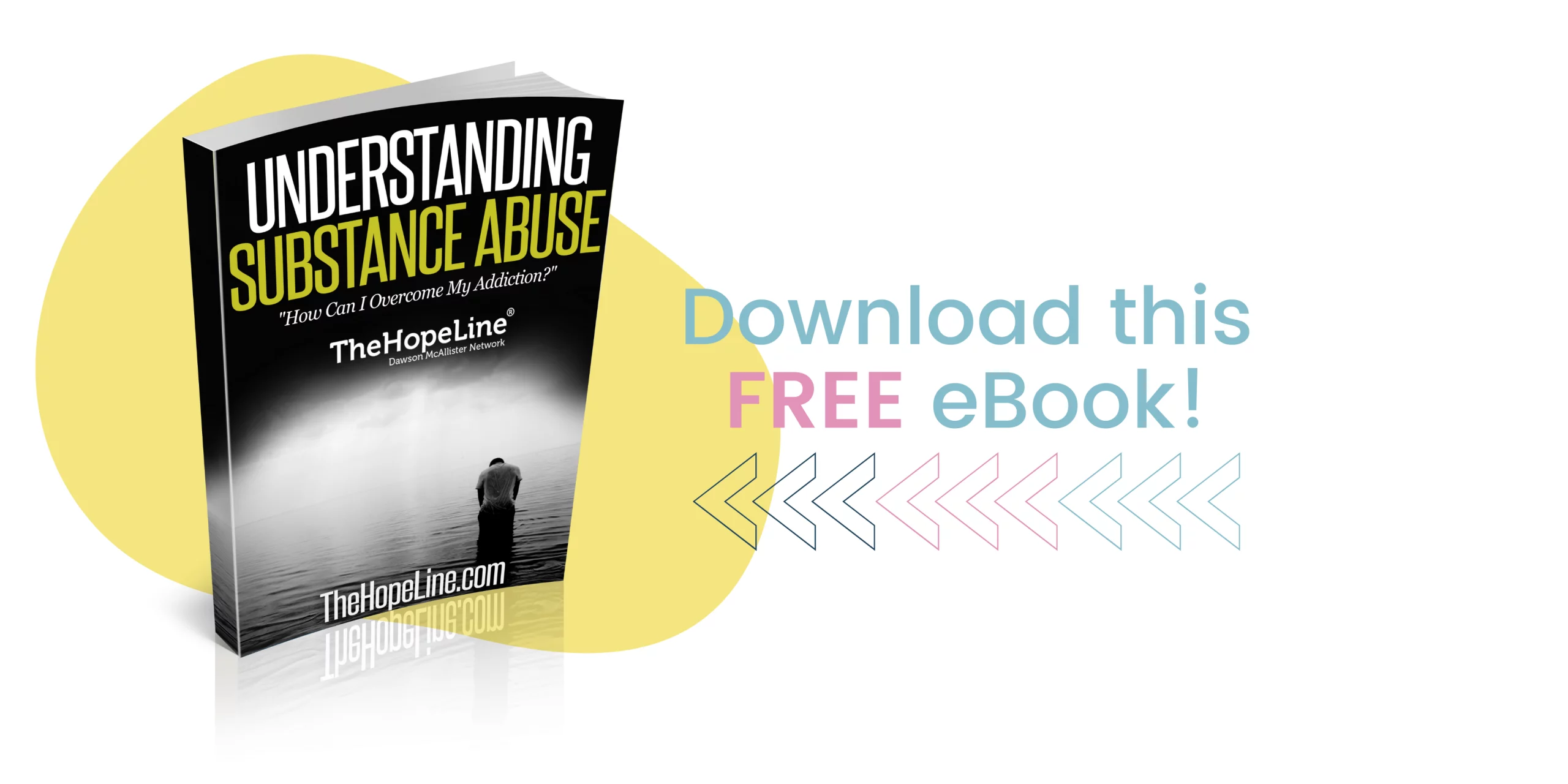True Recovery Requires True Self-Care
If you’re dealing with addiction or experiencing a relapse, true recovery is a challenge. When you feel overwhelmed by recovery, it can be tempting to self-soothe or self-medicate with unhealthy or addictive behaviors.
To understand the difference between self-care and self-soothing, think of those times when you have an illness. You wouldn’t care for the flu with junk food, parties, and entertainment that would only make you feel good for a brief time. You would care for the root causes of your illness and follow prescribed treatments that truly heal your body (rather than just masking your discomfort).
Likewise, true self-care is the only way to heal your mind, body, and spirit from the pain and scars left by the disease of addiction.
Caring for Your Body
Since many relapse and addiction triggers happen when you are hungry, tired, or irritable, caring for your body is paramount when you’re in addiction recovery.
- Exercise: Staying active releases endorphins, which make you feel better without self-soothing in an unhealthy way.
- Nutrition: Eating when you’re hungry (and nourishing yourself with healthy meals and snacks) is key to feeling well in your recovery.
- Hydration: Drinking plenty of water is essential to your health and well-being and staying hydrated is a great way to curb cravings for unhealthy or addictive foods and drinks.
- Rest: Getting enough sleep makes it easier to focus on getting things done and makes you more likely to stay focused when building other healthy habits
Caring for Your Mind
Since addiction takes place in the mind as much as the body, it’s important that your self-care extends to your mental health. Set and keep regular appointments with your doctor, as well as for any recovery mentorship or therapy you receive. The extra accountability and support goes a long way.
Starting a mindfulness meditation practice may also help you focus more clearly on your recovery and the positive intentions behind it. You don’t even have to leave home to try it. You can find meditation blogs and sites, YouTube channels, and smartphone apps to remind you to take time out for your daily mindfulness exercise.
Many recovery programs use creative expression as a form of healthy self-care. Journaling, writing stories or poetry, drawing, painting, and collaging are just a few of the ways you can share the words, thoughts, and feelings of your recovery journey.
Starting a hobby (or picking it back up) is another wonderful way to de-stress without turning to unhealthy thoughts or behaviors.
Sewing, artwork, reading, hiking – whatever you enjoy, it’s perfectly okay to treat yourself to things that stimulate your mind and connect you with others. For ideas, try searching for local community education classes or meetup groups that interest you – there’s a lot to do and learn!
Caring for Your Spirit
There’s a reason some of the most famous recovery programs in the world acknowledge a higher power very early on. Faith and grace make the impossible possible.
“With men this is impossible, but with God all things are possible.”- Matthew 19:26 (NKJV)
Recovery fueled by faith also offers a sense of community, which helps counter the sense of isolation that triggers many relapses into addictive behavior.
If you are interested in knowing more about God who makes all things possible, read this - Learn More About God
We’ve talked with many people who don’t go to church, but who have found comfort and peace from receiving prayer for addiction recovery.
If you’re struggling with addiction, we are here to help. Your healing is possible, and it can begin now.
If you're struggling with an addiction to prescription medications download this free eBook for help.



